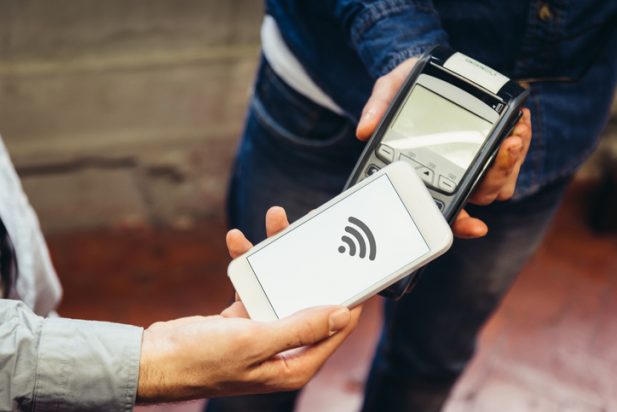My Cell Phone Is Learning That I Am A Shopaholic

The use of mobile payments is increasing in Canada and throughout the world. Consumers are using their cell phones to do their banking instead of having to make a trip to their nearest branch. Mobile payments also allow consumers to go shopping without having to even leave their homes.
Those who do not like making mobile payments or purchases point to privacy concerns. Most mobile transactions collect data about a consumers browsing behaviour, purchasing habits, and demographic characteristics. This data can be combined with information about a consumer’s geographic location, movement patterns, call history, and billing history. There is also the opportunity when making a mobile transaction to collect information regarding a consumer’s personal contacts, photos, messages, daily schedule and other information typically stored on a mobile device. This information can later be used to predict consumer patterns through behavioural targeted advertising.
The popularity of mobile transactions is still in its infancy. Regulation of mobile transactions is still developing. The problem that often arises is with a lack of consent, or understanding, of what an end user is agreeing to provide in making a mobile transaction. Consumers should be in a position to understand what they are agreeing to provide and receive an opportunity to reject or accept the terms of their transaction before completing it.
If you or someone you know has suffered a breach of their privacy or security or who have a disputed payment as a result of a mobile transaction, a civil litigation expert such as Oatley Vigmond may be able to help.
